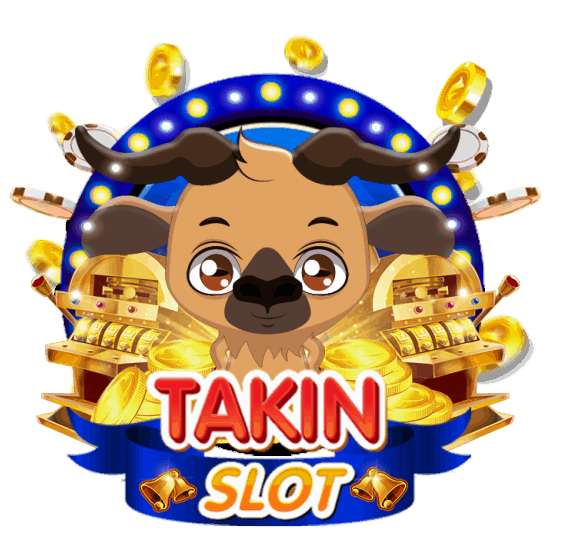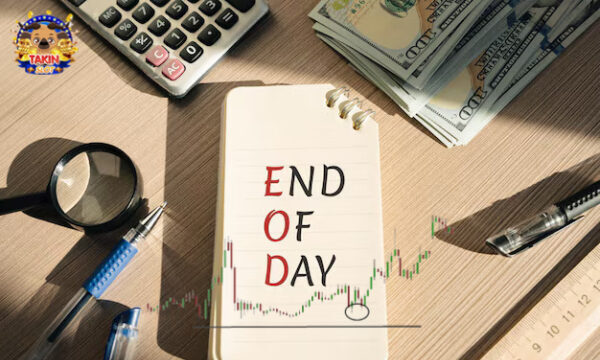Understanding EOD (End of Day) in Financial Markets
EOD Full Form: EOD, or End of Day, signifies the time at which trading activities cease in financial markets, marking the closure of all trades and operations. It holds significant importance for investors and traders, impacting investment strategies and decision-making processes.
Trading Day Structure: EOD Full Form
Trading days typically span either 12 or 5 hours, with varying hours of operation based on time zones and customer preferences. Day traders and stock market participants usually operate from 7:00 a.m. to 4:30 p.m. or 5:00 p.m. to 9:30 p.m., depending on their trading style and market conditions.
The Significance of EOD
At the end of the business day, most companies and government departments close their offices or websites to conclude operations. This closure ensures that transactions or operations cannot be conducted after business hours, preventing monetary losses and ensuring security.
EOD in Financial Markets: EOD Full Form
EOD defines the beginning and end of each trading day in financial markets, encompassing activities such as buying, selling, and holding stocks within brokerages. With the increasing number of investors and financial managers, EOD has become a standard practice in financial markets.
EOD for Companies
For companies, EOD refers to the last day of the month and holds significance for financial and tax-related purposes. It allows companies to reconcile accounts, close books for the month, and prepare for the end of the financial year without encountering tax discrepancies or legal issues.
The Importance of EOD: EOD Full Form
The end of the day serves as a significant milestone, providing an opportunity for reflection and celebration. It symbolizes a time when individuals come together to acknowledge achievements and wish each other success in their endeavors. Being present at EOD allows individuals to make their presence felt and contribute to the collective spirit of accomplishment.
Conclusion
EOD (EOD Full Form) plays a crucial role in financial markets and corporate operations, influencing investment strategies, financial reconciliations, and overall business performance. Understanding and recognizing the significance of EOD empowers individuals to make informed decisions and navigate the complexities of the financial world effectively.
FAQs about EOD Full Form
What does EOD stand for in financial markets?
EOD stands for “End of Day” in financial markets. It refers to the time when trading activities cease, marking the closure of all trades and operations for the day.
Why is understanding EOD important for investors
Understanding EOD is crucial for investors as it impacts investment strategies and decision-making processes. It helps investors assess market conditions, determine when to buy or sell stocks, and plan their trades accordingly.
How does EOD affect trading activities?
EOD signals the completion of trading activities for the day, which can influence market sentiment and trading volumes. It also sets the stage for overnight price movements and trading opportunities in the next trading session.
What is the significance of EOD for companies?
For companies, EOD marks the end of the business day and plays a vital role in financial and tax-related activities. It allows companies to reconcile accounts, close books for the month, and prepare for the end of the financial year without encountering tax discrepancies or legal issues.
How can individuals benefit from being aware of EOD?
Being aware of EOD enables individuals to make informed decisions about their investments, monitor market trends, and adjust their trading strategies accordingly. It also helps individuals stay organized with their financial planning and avoid potential risks associated with after-hours trading.




